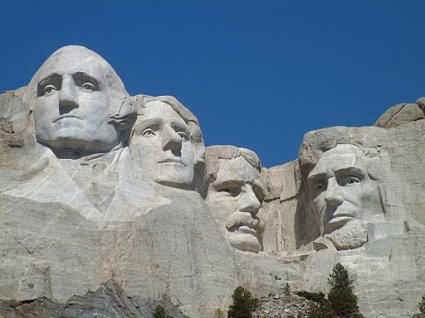Faking Courage: the Stolen Valor Act
FAKING COURAGE:
THE STOLEN VALOR ACT
Signed into law by
President Obama on 3 June, the Stolen Valor Act of 2013 makes it a federal crime for any person to
fraudulently claim, with the intention of obtaining money, property or some
other benefit, that he or she rightfully received any one of various military
decorations.
The Act represents a second bite of the apple by Congress. An earlier Act, the Stolen Valor Act, 2005, was struck down as unconstitutional in 2012 by the US Supreme Court in the Alvarez case.
Under the 2005 Act,
it was an offence merely to assert falsely that one had undertaken military
service or received a military award. Faced with a prosecution under the Act,
Mr Alvarez claimed that the Act was unconstitutional in that it contravened his
First Amendment right to free speech.
A divided (6-3)
Supreme Court agreed with this contention. However, the majority justices could
not agree on a common rationale for their decision and the dissenting judgment
of Justice Alito (joined by Justices Scalia and Thomas) is more coherent and,
in many ways, more impressive.
Alito J. asserted
simply that the Supreme Court has not historically extended First Amendment to
false statements that cause real harm and serve no legitimate interest. In his
view, the 2005 Act was a narrow law enacted to address an important problem and
did not present a threat to freedom of expression.
Not surprisingly the Alvarez decision generated a lot of criticism from veteran organizations. It also
prompted an almost immediate response from President Obama. In a speech to
military veterans delivered at the height of the 2012 presidential campaign, the
President announced that his administration would ‘launch a new website, a living memorial, so the American people can see
who’s been awarded our nation’s highest honors’ – and double-check any
claims that an individual might make in this regard.
The government website
(valor.defense.gov) lists recipients of the three highest awards available to
Army, Navy, Marine Corps and Air Force personnel. The 2013 Act extends to 11
named awards and any replacement/duplicate medals authorised by law.
Regardless of one’s
views as to the merits of the majority judgment in Alvarez, the 2013 Act steps back from making a mere false assertion
an offence. It requires instead that the person making the false assertion (the
liar) must be seeking some form of benefit.
Dr Max Barrett is a practising Irish solicitor. Views expressed in this article are personal.
*Mr Bowen does not endorse the author or contents of this article.

 Magazine Posts
Magazine Posts Table of Contents
Table of Contents